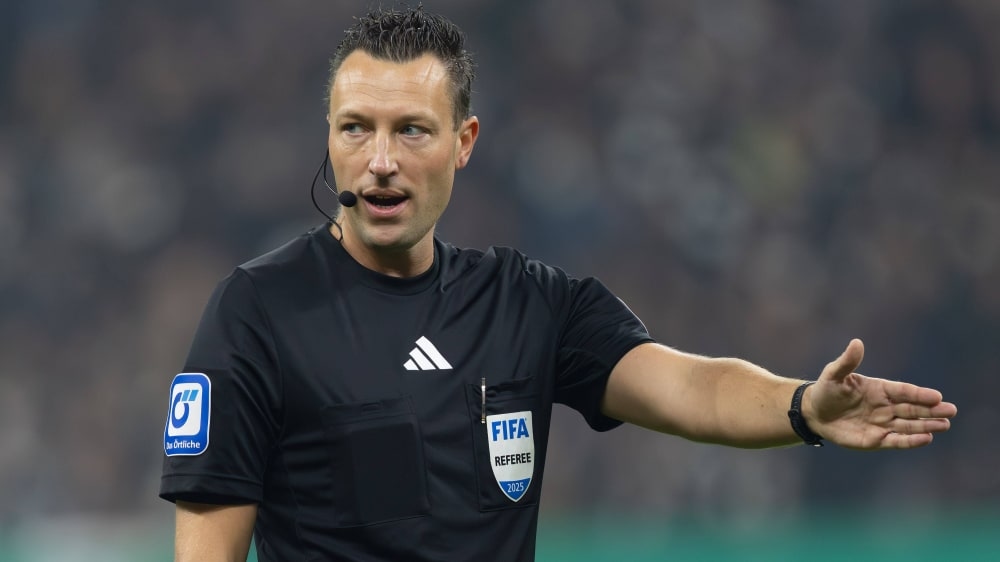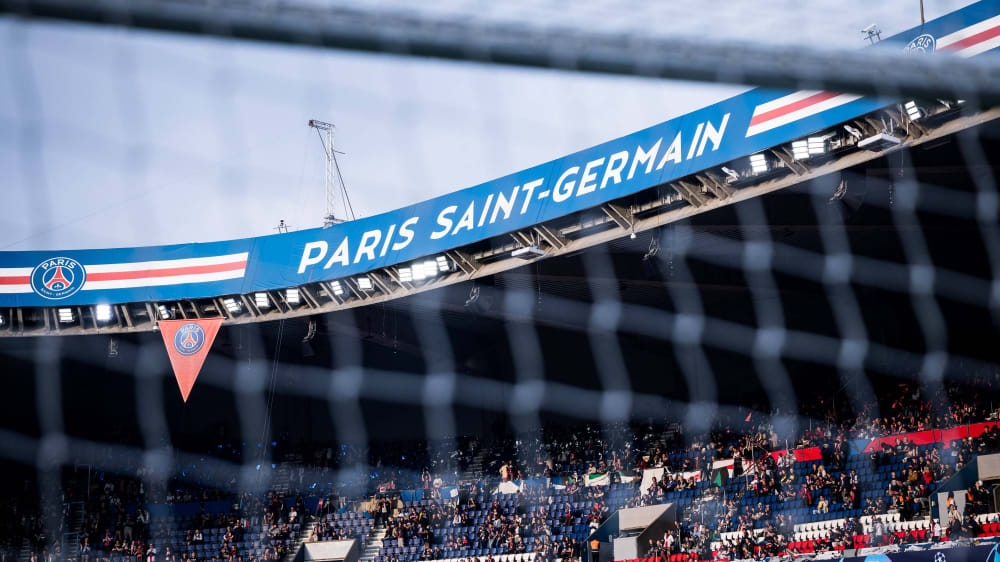FC Bayern ahead of the game in Paris: Encounter with the role model

Vincent Kompany isn't a coach who speaks in exclamation marks. He wouldn't be the right person to come up with catchy slogans, and if he were to write a headline, interest in the text would likely be limited. Which, incidentally, would be very much in line with Kompany's style, as he's not interested in quick punchlines, either as a person or as a football coach. Kompany believes in hard work and development, and in development that results from hard work. So, for him, he ventured quite far when he said this sentence at the press conference before the rock-and-roll monster game against Paris Saint-Germain: "There are two extreme ideas that collide, and as a spectator, I would always want to see that."
Vincent Kompany is advertising a football match, which is unusual in itself, and even more unusual is that he's recommending a game involving his own team. Just before, he had raved about the "fundamentally similar circumstances" of both teams, "and now they meet, and what happens then? That's what people want to see."
Come closer, there's something to see! Buy, buy!

Bayern Munich are winning and winning and are in high spirits. What influence does coach Kompany have? What role does the small squad play? And how good is the team really?
If football is like it sometimes is, if it decides to have a little fun with everyone who thinks they know it, then the Champions League match between Paris Saint-Germain and Bayern Munich will end 0-0. Then Vitinha and Kimmich will just string together a few boring passes, and Dembélé and Olise will dribble wearily into nothingness. But of course, that's highly unlikely.
PSG is officially the best team in Europe, certified by their 5-0 victory in the Champions League final against Inter Milan at the Allianz Arena in Munich. And Bayern Munich is increasingly tired of merely providing the stadium for such a match. They are currently making it very clear that they themselves want to be the best team in Europe. In the domestic Bundesliga, Bayern are only participating nominally, or simply because they wouldn't qualify for the Champions League otherwise.
Like a game against themselves: Both teams share a radically offensive approach.A curious sense of celebration hangs over this game, for which, as Kompany always says, no "prizes" are awarded. The official goal, "to take a big step towards the top eight with three points" (Kompany), seems almost quaint considering what's at stake beyond the league table arithmetic. Although, in this new format, the arithmetic always needs explaining: finishing in the top eight after eight preliminary round games in a 36-team league table would mean avoiding the playoffs. And avoiding the playoffs would mean that the insanely fast pace of play would be at least a little less insane.
From Bayern's perspective, the game is of enormous importance, and not just because it's a game against themselves. Both teams employ a radically offensive approach; they share that "extreme mindset" that Kompany (so) speaks of. Above all, PSG serves as a benchmark and a role model. While Munich seems to have perfected its risky style of play in Kompany's second year, it's still unproven how stable the "LiLaLaune Bayern" (a nickname for the Bayern Munich team) will be against teams bigger than the Bundesliga.
The upcoming opponent offers a welcome point of reference. "A revolutionary idea" is what fellow coach Luis Enrique brought to Paris, even though he initially received "a great deal of criticism," said Kompany, praising the Parisian club's cultural shift from a star-studded squad to a young, high-quality team with exquisite team spirit. Anyone listening to Kompany's praise could tell that he was quietly—and, of course, without exclamation marks—revealing a secret wish. Initial doubts, noticeable progress, and then, in the second year, resounding success: he wouldn't mind if that were his path at FC Bayern as well.
süeddeutsche





